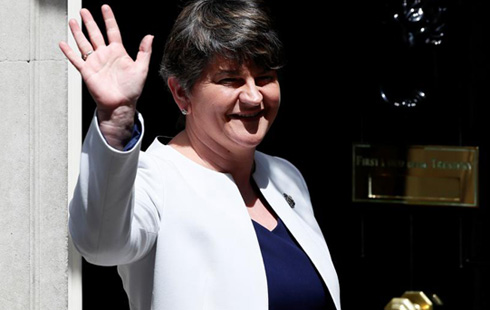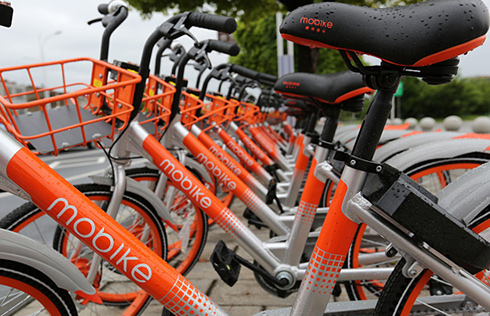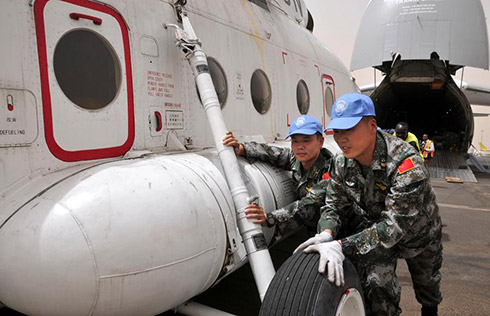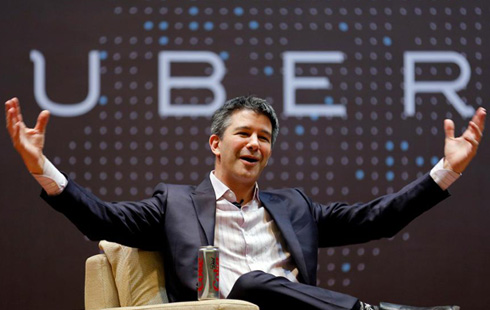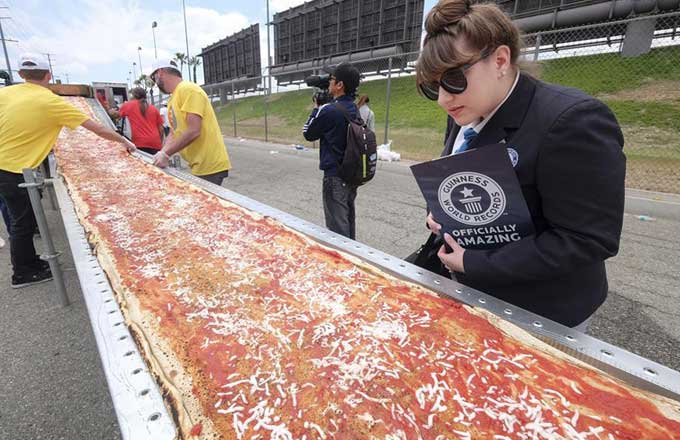China and US 'not zero-sum rivals'
Cooperation is the only correct choice for the world's two largest economies, whose relationship is forging ahead in the right direction, charted by their top leaders in the Mar-a-Lago meeting in April, a senior Chinese diplomat said on Monday.
"China-US relations are in essence mutually beneficial, and the areas that we need to work together on far outweigh what divides us," Chinese Consul General in Chicago Hong Lei said at a US-China Think Tank Symposium, which opened on Monday in Des Moines, capital of the US state of Iowa.
The symposium brought together more than 20 Chinese and US experts and scholars to exchange views on China-US relations following the Mar-a-Lago meeting, bilateral economic and trade cooperation, sub-national cooperation and the prospects of the relationship between the two countries.
"We are not zero-sum rivals, but mutually beneficial partners," Hong told the participants. "Dialogue costs far less than confrontation."
Over the past two months after the meeting in the Palm Beach resort in Florida, the two countries have had more "direct and deeper" communications in addressing the Korean Peninsula issue, said Cui Liru, former president of China Institutes of Contemporary International Relations.
Also, Cui said he found both cooperation and competition among the two powers have increased in the Asia-Pacific region. The key is to effectively manage the competition for peaceful coexistence.
Tao Wenzhao, a senior researcher at the Chinese Academy of Social Sciences, said at the symposium that he expected the Trump administration would reduce the possible influence of the Taiwan question on Sino-US relations. The new administration has reaffirmed its one-China policy.
For example, though US Defense Secretary James Mattis said earlier this month that the US remained committed to providing Taiwan "the defense articles necessary", President Donald Trump can decide when the arms sales will be conducted, and on what scale or how advanced the weapons are, Tao said.
Robert Daly, director of the Kissinger Institute on China and the United States at the Wilson Center, said the Mara-Lago meeting has given both nations a "timeout", but it could be fragile and possibly disrupted in a number of ways.
"(There is a) Chinese phrase 'seeking common ground while shelving differences' - that is not enough. We cannot just shelf differences, we must face them very squarely," Daly said.
Zhao Qizheng, former minister of the State Council Information Office, said rapid development of Sino-US economic and trade cooperation is an epitome of Sino-US relations. It also helps build up a solid foundation for Sino-US cooperation in other fields.
J. Stapleton Roy, former US ambassador to China, said the China-US relationship is also the testing ground for a number of vitally important issues, including the so-called Thucydides trap.
"First and foremost is the question of whether a rising power, such as China, inevitably gets into conflict with the established power, which in the present case is the United States," he said. "This is colloquially known as the Thucydides trap."
He said China had rejected this concept, putting forward instead the concept of peaceful development.
"This concept is also at the heart of President Xi Jinping's proposal that China and the US should establish a new type of major power relationship marked by no confrontation, no conflict, mutual respect and win-win cooperation," he said at the symposium.
The symposium is jointly sponsored by the World Food Prize Foundation, Chinese Academy of Social Sciences and China Institutes of Contemporary International Relations.
huanxinzhao@chinadailyusa.com






